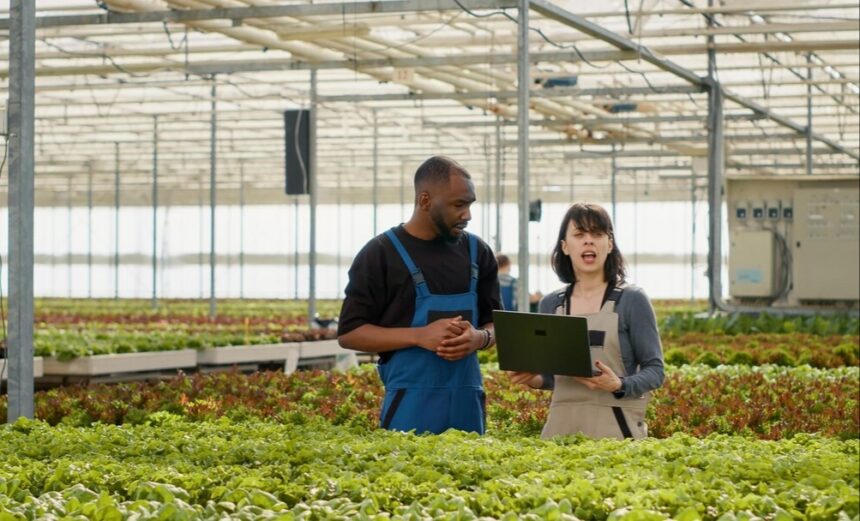Starting and managing an agricultural business can be highly rewarding, but success requires careful planning, investment, and the right tools. From selecting suitable land to equipping your farm with the best machinery, understanding the basics is essential for long-term profitability. This guide outlines the key steps to set up and run an agricultural business effectively with proper equipment.
Develop a Business Plan
Every agricultural venture starts with a clear business plan. It should outline the type of farming, target market and demand analysis, budget for land, equipment, labor, and operational costs, as well as revenue expectations and growth plans. A well-structured business plan not only guides your decisions but also helps secure financing from banks or investors.
Select Suitable Land
Land is a critical asset in agriculture. Consider soil quality by conducting soil tests to determine fertility and compatibility with your intended crops or livestock. Ensure access to reliable irrigation systems or natural water sources. Choose a location that minimizes transportation costs and is close to markets.
Understand Legal and Compliance Requirements
Agricultural businesses in South Africa must adhere to local laws and regulations, including registering your business with the Companies and Intellectual Property Commission (CIPC), complying with agricultural standards from bodies like the Department of Agriculture, Forestry, and Fisheries (DAFF), and acquiring necessary permits for water use, pesticides, and fertilizers.
Invest in Proper Equipment
The right equipment is essential for efficient operations. For crop farming, invest in tractors, ploughs, harrows, seeders, planters, irrigation systems, and harvesters. Livestock farming requires feeding equipment, milking machines, livestock trailers, and fencing tools. When purchasing equipment, prioritize durability, consider maintenance costs, and explore financing options such as leasing or government grants.
Train Your Team
Invest in training for yourself and your employees to operate equipment safely and efficiently. Partner with organizations like AgriSETA to access agricultural skills training programs.
Monitor and Maintain Equipment
Establish a maintenance schedule for your machinery to ensure smooth operations. Regular servicing reduces downtime and extends the lifespan of your equipment. Keep detailed records of repairs and replacements.
Adopt Technology and Innovation
Modern agricultural technology can significantly improve efficiency. Consider precision farming tools that use GPS and sensors to optimize planting and harvesting, farm management software for tracking production, inventory, and finances, and renewable energy solutions like solar panels to power equipment sustainably.
Market Your Products Effectively
A successful agricultural business doesn’t end with production—it also requires a strong marketing strategy. Use online platforms to reach wider markets, build partnerships with local retailers, processors, and wholesalers, and attend trade shows and farmers’ markets to network and promote your products.
Plan for Risk Management
Agriculture is unpredictable, with risks such as droughts, pests, and fluctuating market prices. Mitigate these risks by diversifying crops or livestock, investing in crop and livestock insurance, and keeping an emergency fund for unforeseen expenses.
Evaluate and Expand
Regularly assess your business performance by reviewing profit margins, equipment efficiency, and market trends. Use these insights to plan for expansion, whether it’s acquiring more land, upgrading equipment, or introducing new products.
Setting up and running an agricultural business with proper equipment requires a combination of strategic planning, smart investments, and ongoing management. By focusing on quality equipment, continuous learning, and innovative practices, South African farmers can build sustainable and profitable agricultural enterprises. For further guidance, reach out to industry bodies like AgriSA, Grain SA, or the South African Farmers Development Association (SAFDA) for support and resources.
Join 'Farmers Mag' WhatsApp Channel
Get the latest Farming news and tips delivered straight to your WhatsApp
CLICK HERE TO JOIN






